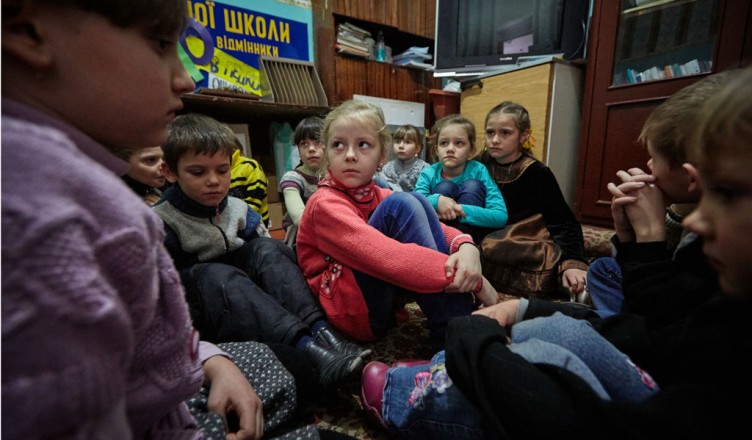Aproape 750.000 de copii din estul Ucrainei pot rămâne fără apă potabilă curată, ca urmare a confruntărilor armate din teritoriile cu o importantă infrastructură civilă – avertizează un raport al Fondului Națiunilor Unite pentru Copii (UNICEF), scrie rador.
Potrivit documentului, această situație din Donbas amenință cu un focar de boli infecțioase.
„În această săptămână, din cauza escaladării conflictului armat și, în special, a atacurilor, au fost avariate două stații de purificare a apei. Ca urmare a acestei situații, aproximativ 400.000 de persoane, inclusiv 104.000 de copii, de pe ambele părți ale liniei frontului din regiunea Donețk au fost private timp de patru zile de accesul la apă potabilă” – se arată în raport, menționându-se că, joi seară, echipele de intervenție au reușit să restabilească sistemul de alimentare cu apă distrus de bombardamente.
Potrivit UNICEF, aproximativ 3.000.000 de oameni din estul Ucrainei depind de sistemele de tratare a apei în jurul cărora au loc confruntări armate.

